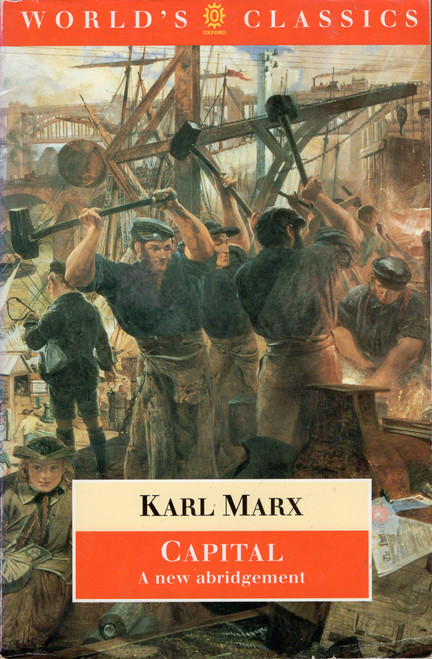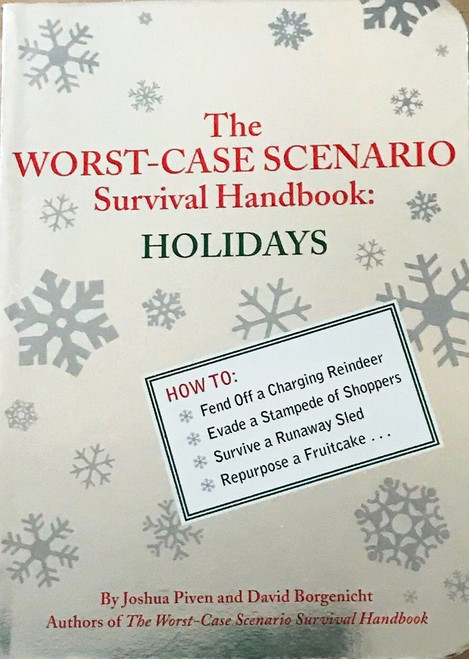Benjamin A. Rogge was a legendary professor and lecturer with a gift for rendering into clear English the complex and vitally important principles of economics. He forsook professional jargon and mathematical opaqueness for clarity, logic, and an illuminating humor.
In Can Capitalism Survive? Rogge confronts anew the question first posed by Joseph Schumpeter in Capitalism, Socialism, and Democracy. That question, simply put, is "can capitalism survive?" Despite the collapse of the Soviet Union and the apparent end to the Soviet quest for communistic hegemony, and despite adoption of modest market mechanisms throughout the Pacific Rim, including China, the triumph of free economics generally, or of capitalism specifically, is far from assured. What, then, Rogge asks, are the perennial challenges to economic liberty--and how might they be met?
Other essays in the collection explore the philosophy of freedom, the nature of economics, the business system, labor markets, money and inflation, the problems unique to cities, and education. Each essay is a masterpiece--penetrating, wise, and witty in its examination of and prescription for timeless issues as they confront the world's peoples today.
About the Author
Benjamin A. Rogge (1920-1980) was Distinguished Professor of Political Economy at Wabash College, Crawfordsville, Indiana. He held degrees from Hastings College (A.B.), the University of Nebraska (M.A.), and Northwestern University (Ph.D.), and was a member of both the American Economic Association and the Mont Pelerin Society. He had a gift for rendering into clear English the vital principles of economics, all with a touch of unforgettable humor. He opposed compulsory, state-funded education and sought market alternatives. Among his intellectual mentors was Nobel laureate F. A. Hayek.







